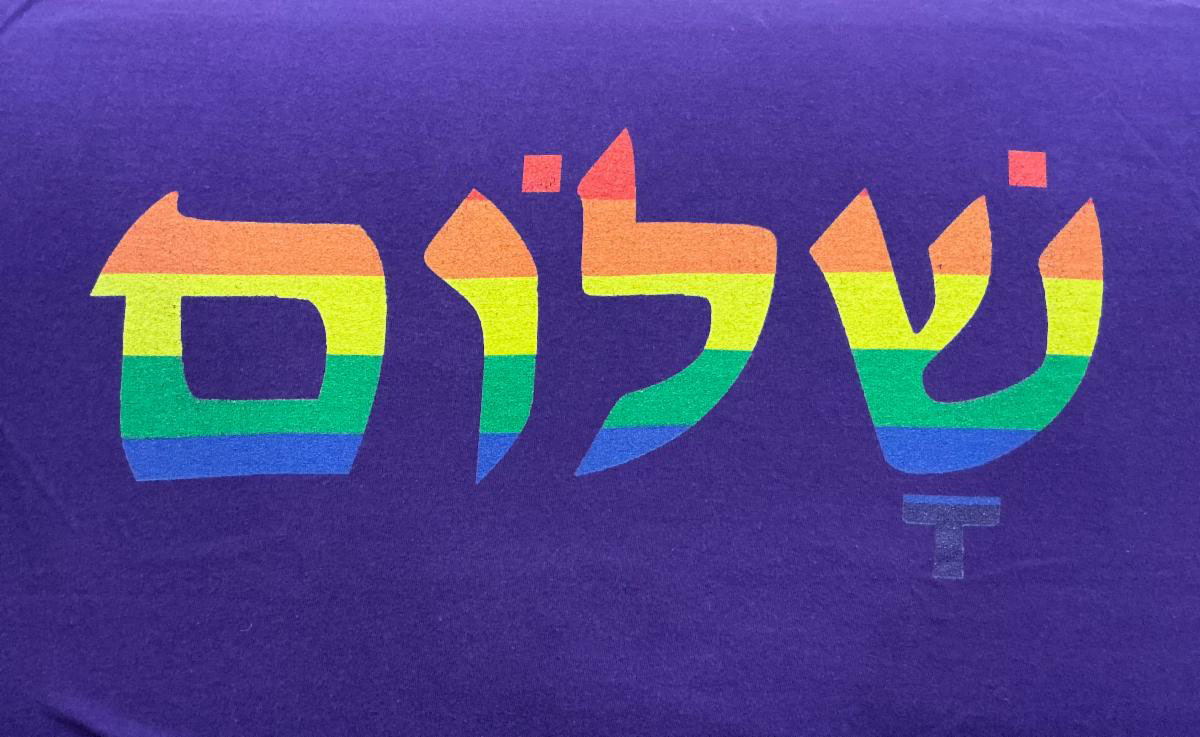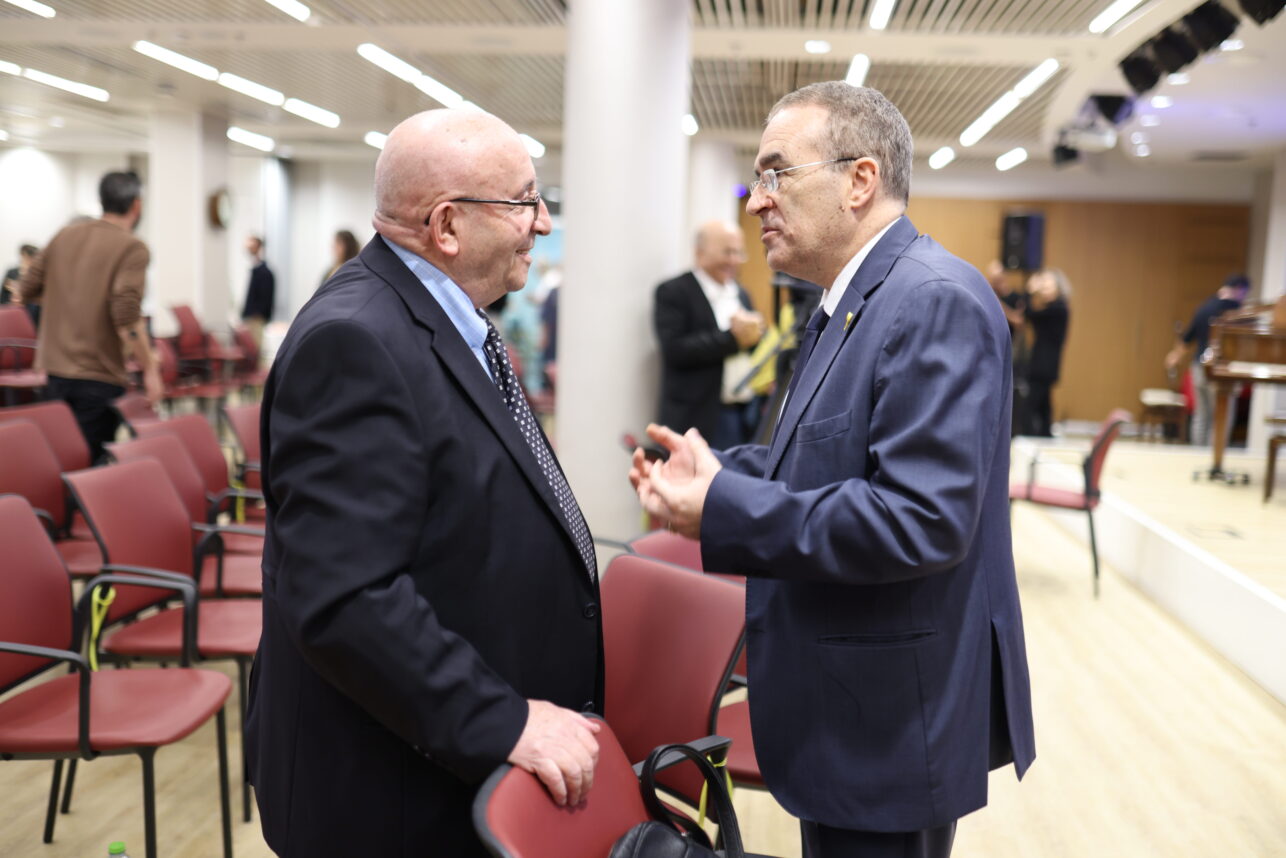SciFi Channel’s “Battlestar Galactica” is a far cry from its short-lived bubblegum progenitor on ABC, which sought to capitalize on the “Star Wars” craze in 1978. The reimagined series is one of the few dramas on television to deal directly with issues tied to the Iraq War, and its edgy storylines often serve as allegory for life after Sept. 11, much in the way “M*A*S*H*” plots tackled topics brought up by the Vietnam War.
Now in its third season, the critically acclaimed “Galactica” is drawing more inspiration from the past, and executive producer Ron Moore says that recent Shoah parallels are intentional.
“In the writers room, we tend to talk about Iraq, Vichy France, the Holocaust,” he said. “It just kind of depends which particular historical examples are on point, and which one kind of lends itself most easily to a particular situation.”
The original “Battlestar Galactica” debuted as an intergalactic retelling of the Exodus from Egypt, with Jewish actor Lorne Greene playing Commander Adama, a Moses-like figure who leads the 12 Colonies (read: tribes) away from the tyranny of the robotic Cylons to the promised land: Earth.
In SciFi Channel’s grittier retelling, the Cylons look human and have embraced a rabid belief in the “one true God,” which is at odds with the Colonial polytheistic faith in the Lords of Kobol, a pantheon of Greek gods.The Cylons’ religiously inspired nuclear jihad in “Galactica’s” 2003 miniseries was followed by a Josef Mengele-inspired hospital in season two, and season three kicked off with the Colonials enduring a concentration camp existence, complete with a Judenrat police force and liberation through a Warsaw Ghetto-style uprising.
Given the stress the Colonial survivors have been under, Moore said the solid fabric of their society’s religious identity is about to begin unraveling.
“After the destruction of the Colonies and the fact that they’re all on the run, they would probably be driven back to their root faith, so polytheism would really be important to them. But as time goes on, some of them would start to track to the idea that there is just one God,” he said.
Moore and the show’s other writers played with the idea of introducing a religious rift in season two, but he said the storylines were either cut or changed.
The series won a Peabody Award this year and has earned eight Emmy nominations. Time magazine and the American Film Institute have each praised the show, which balances character- and issue-driven plotlines with vérité-style handheld camerawork and stunning special-effect sequences that serve the story rather than vice-versa.
Following the critical success of “Galactica,” SciFi Channel has commissioned a spin-off prequel, “Caprica,” which will focus on the lives of two families a half-century before the Cylon attack.
Moore said that the 12 Colonies likely had a wide variety of faiths before the events of “Galactica,” and that while polytheism was always the dominant culture, there were probably pockets of monotheism.
“Some of the things that are happening in ‘Caprica’ would deal with the religious aspects, as well, and you’d start to see some of the beginnings of the monotheism that eventually is taken over by the Cylons,” he said.Religious iconography and ritual have played a small part in “Galactica,” from worship idols to candle-lighting. But whether we’ll see a monotheistic Colonial wearing a tallit and kippah as he davens or a family dining in a small hut during a Sukkot-like holiday in “Galactica” or “Caprica” is still up in the air.
“We haven’t talked in great detail about how much of that practice we’ll see or how strongly it’ll influence the series overall. It’s probably an element that’s in there somewhere,” Moore said.
— Adam Wills, Associate Editor























 More news and opinions than at a Shabbat dinner, right in your inbox.
More news and opinions than at a Shabbat dinner, right in your inbox.